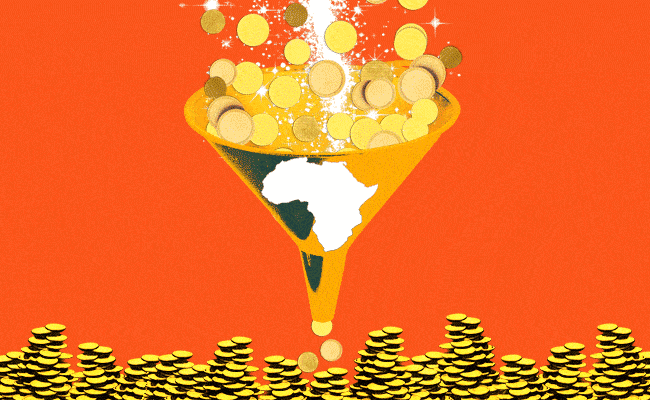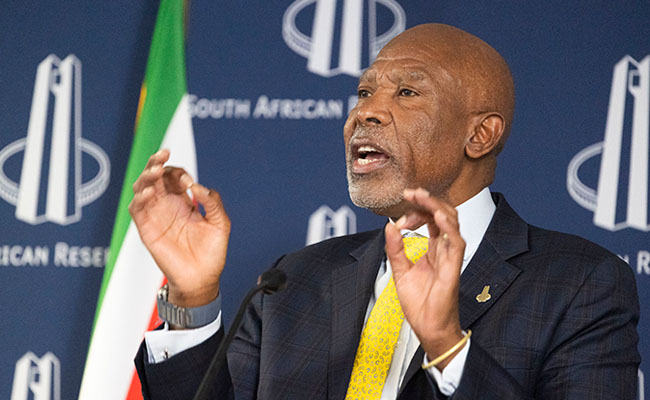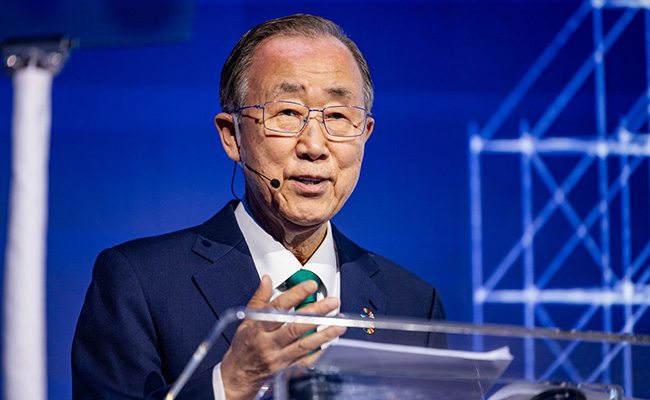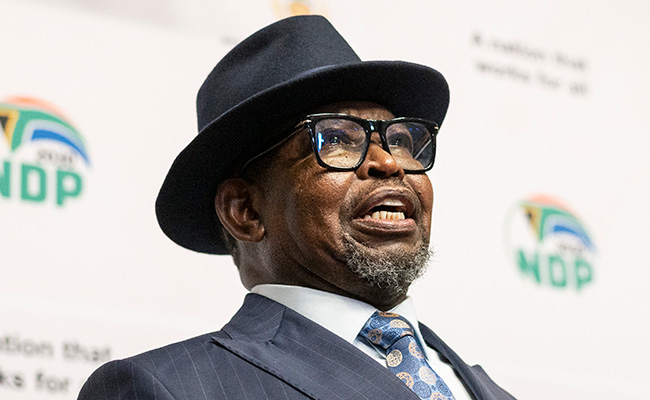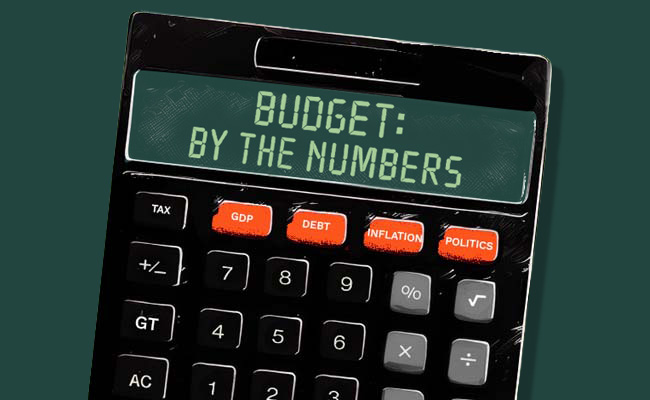The Competition Commission simply isn’t letting the so-called rand-rigging case go, notwithstanding a bruising judgment against its persistence with the matter by the Competition Appeals Court two years ago.
This week, appealing that ruling for the commission, advocate Tembeka Ngcukaitobi argued that forex traders for a host of banks “weakened the rand” between 2004 and 2014 and left a “permanent structural change” on the value of the currency. “Even if today you buy a dollar that is not a product of manipulation, that dollar’s price is still influenced by previous manipulation,” he argued in court, alleging a long-term impact on South African consumers.
Yet the argument seems glaringly at odds with how global currency markets really work, where trillions of dollars are traded every day. Currency spoke to ETM Analytics director George Glynos.
Do you agree with the argument that there was long-term structural ‘damage’ to the currency?
You’re talking about billions and billions of dollars that get traded a day so, first, the scale of the market is of such magnitude that it’s not easy to manipulate prices. You can imagine across an entire economy, and fund managers that have cross-border trades that they’ve got to clear, there are hundreds of thousands of trades that take place on an ongoing basis – many of them through direct market access.
So even in my small company where we receive revenues from abroad, I don’t call the bank: I go onto one of their platforms and I look at the price that they’re offering and if it looks like a good price to me I hit okay, and I trade. Now, I have Reuters and Bloomberg in front of me and the prices are pretty competitive and always have been. That’s through Standard Bank, which probably does the bulk of all FX trades in South Africa.
The only time it starts to get trickier is when you get big oil or mining companies that have sold a big batch of whatever and have a big sum they need to clear through the market. What you can’t do is take, say, R5bn and shove it through a trading system because you are going to warp the market.
So what happens in that case?
On deals of that size you get market-makers that sit in all the major banks and the sales desks of those banks are constantly fighting for these flows. So there’s a lot of competition in this market. You’ve got these traders sitting at the banks, and remember that they are on the receiving end of these flows, so if a big miner wants to liquidate their dollars and turn them into rand, it has to sell those dollars – and what they do is sell them to a bank.
In other words, the bank has just acquired those dollars whether they like it or not because they are market-makers. Now they’ve got to offset those dollars into the market in such a way that at the very least they break even and, if possible, make a slight profit. And that’s just a normal functioning of the market.
The allegation was that traders colluded on prices in chat rooms. But isn’t that where trades actually happen?
Well one trader is going to trade with another; in the old days these guys used to pick up phones and call directly. The fact that people had themselves included in Bloomberg chats – that’s just a stock standard basic of every single market.
People often joke that Bloomberg is the most expensive WhatsApp group in the world. Because that’s what people use it for. Traders have chats open all day because they’re seeing prices from the brokers, prices from the banks; everybody is looking for the best price at which they can get out of their position.
No bank will know when they’re going to get a call from a company asking them to quote a price for R5bn, say – and nor do they know the size of the deal. They typically get asked to make a price, and none of the companies that ask for a price will divulge whether they are selling or buying dollars. And that market-maker has to figure out whether the company wants to buy the dollars or sell them. So they give them a price and that is going to be very close to where the market is. There is a natural self-correction in the market by virtue of how it trades, so I find it really difficult to believe there is much truth behind this at all. It’s too liquid and transparent. I don’t think it’s possible.
Do you think any currency can be permanently manipulated?
What [the regulators] may argue is that a couple of banks got together and helped each other out of trades. Let’s say that one bank is sitting at the receiving end of a hiding because the market is moving against it and it’s sitting on a ton of dollars it has to liquidate into the market, and one trader calls up another and says: “Help me out here.” As far as I’m concerned, you could look at that as manipulation or you could look at that as just channels of liquidity finding each other. It’s so nuanced and subtle.
And you could end up with a situation where you get no communication between any of the traders and they are forced to trade through the platform, which is completely transparent, but then you might induce more volatility because there’s no shock absorber; there’s no-one on the other side to help. And increased volatility is in nobody’s favour.
It was a US court that found Jason Katz guilty of participating in price fixing. But this notion that the commission has put forward that there’s a structural impact on the currency market seems far-fetched?
Not just that. Remember these banks have compliance up to their eyeballs. The reason they want traders to participate in these chats is because they can go back to the chats and say: “Okay let’s have a look at what you said to each other.” So there’s a level of transparency there. You can’t hide this stuff. These chats are not stored on your local computer – they’re stored on Bloomberg’s servers somewhere and the banks can access their own chat groups. If people were wanting to collude that’s not where they would do it.
The commission is also arguing that the economy has been prejudiced as a result of this alleged price manipulation 11 years and more ago. What do you think?
That’s absolute rubbish. Because just remember that what might hurt one company on one side has probably just helped another company on the other. It’s almost impossible to tell. If they skewed the rand slightly weaker and you’ve got an exporter of oranges who is selling their oranges at exactly that point in time, he’s just gotten more rands for every orange he’s just sold. So he’s better off. Now, how do you work out who lost and who gained?
If the rand has constantly weakened from R10 to R20 against the dollar over a period of five years because of systematic and systemic manipulation then fine, I can work out an inflation impact and off that I can calculate what interest rates did as a result and therefore this was the cost to the economy … but you can’t do that here.
Top image: George Glynos. Picture: supplied.
Sign up to Currency’s weekly newsletters to receive your own bulletin of weekday news and weekend treats. Register here.



